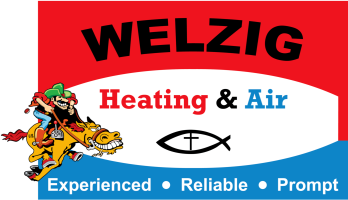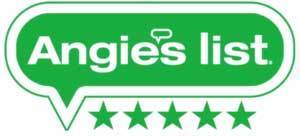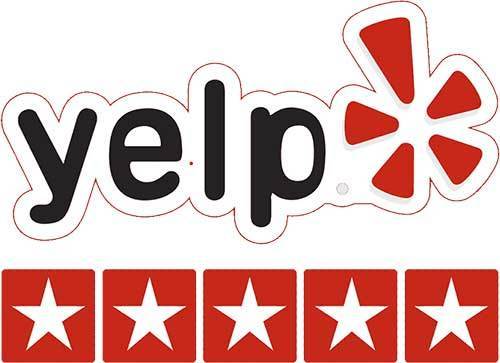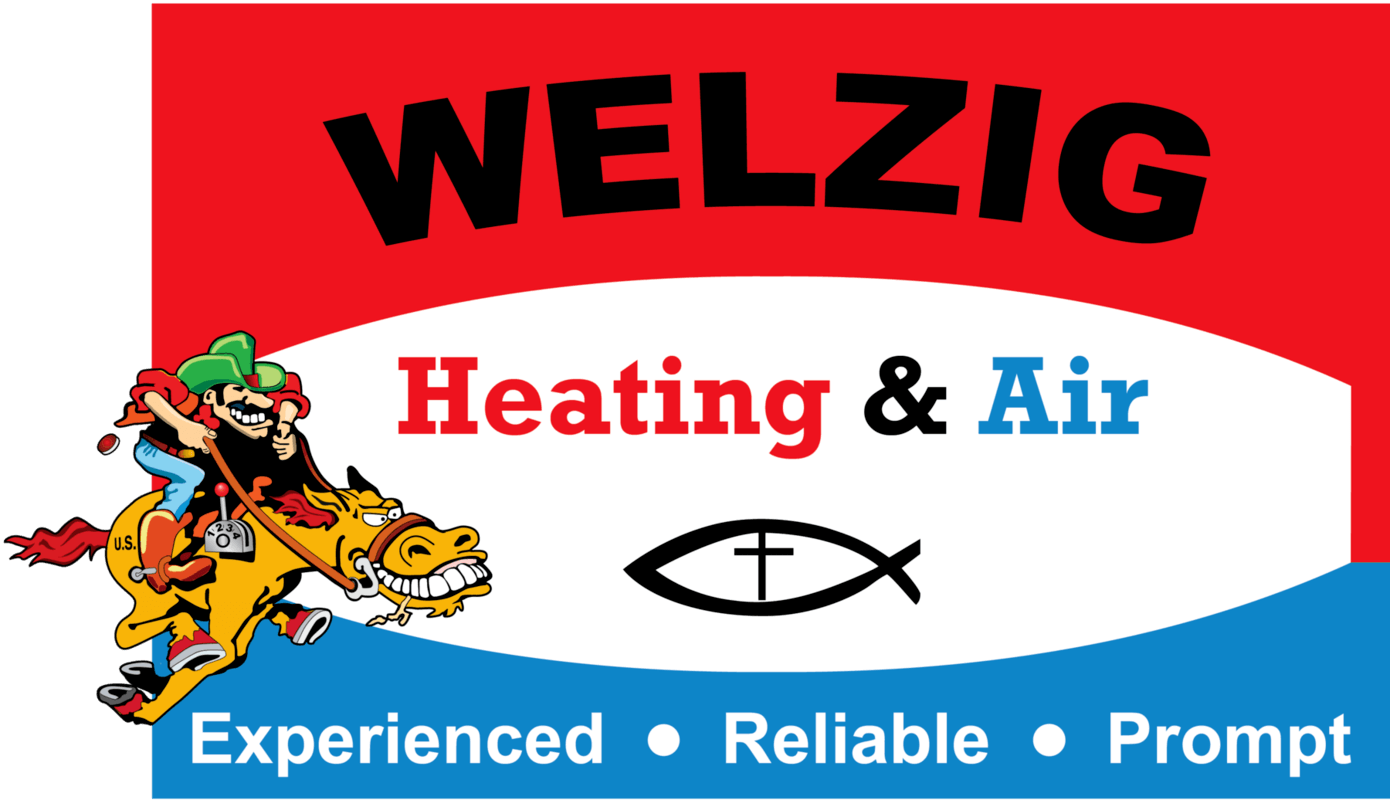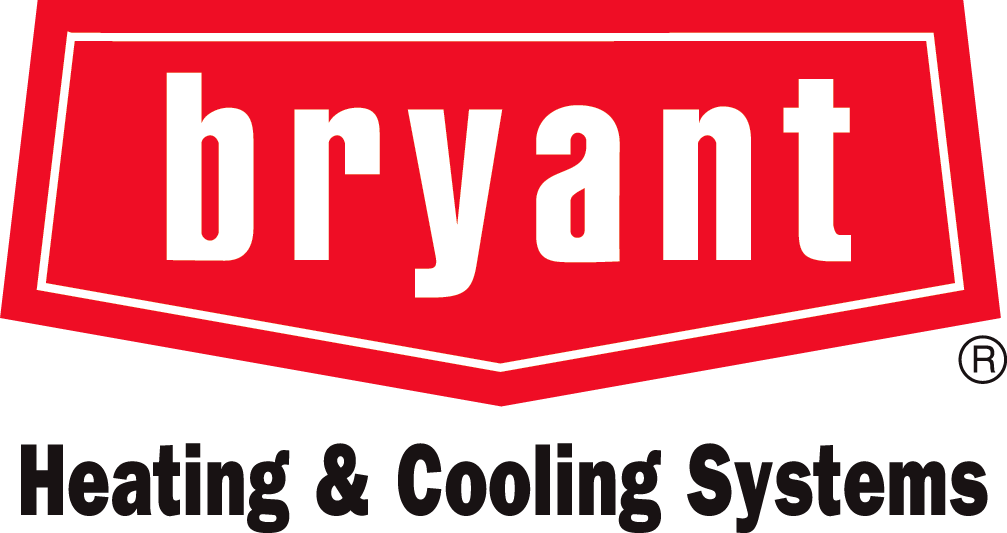Are Home Energy Costs Robbing You?
Below are the 20 Furnace Questions you MUST Have the Answers to
When Replacing or Buying a Furnace.
Because You Need to Take Advantage of all Available Tax Credits and Rebates
Because Not Knowing the Answers to these Questions Can Cost you Time, Money and Frustration
And Because You Can’t be Sold or Fooled When You Have the Information You Need to Make a Smart Purchase
Below is a list of questions people MOST OFTEN ASK
their HVAC Specialist
How do I choose a Furnace Dealer or Contractor?
You’re having problems with your furnace and you’re wondering where you start so that you make the right decision and get the best value for your money?
The first thing you have to do is choose a Heating and Air Conditioning Dealer from all the companies advertising these services.
We have Ten Things to Consider When Choosing an HVAC Dealer:
-
Your Dealer should have 5 or more years of experience and a proven reputation for top quality and dependability. You should be able to go to their website and see testimonials of satisfied customers or be given the names of satisfied customers you can contact.
-
Never work with a Dealer who is not licensed, insured and code-compliant in your city and county.
-
Dealers should have Technicians who work directly for their company and not just independent contractors. Technicians should be trained and certified by the North American Technician Excellence program also referred to as NATE. This is the only national testing and certification program accepted by the entire HVAC industry. “The most important day for your new furnace is the day it is installed.” You cannot afford to have anyone but the best Technicians install and test your new furnace.
-
The Dealer should offer a variety of innovative products and services that make your home more comfortable and able to fit various home owner budgets. The idea is to help you save on your utility bills and improve the quality of the air you breathe in your home. You should expect a complete home evaluation by the Technicians.
A bigger system isn’t always better; a Technician should size your heating and cooling system based on the size of your home, level of insulation and windows. A good Technician will check your duct system for leaks and measure air flow to see if it meets requirements.
-
Your Dealer must listen to you and use his years of experience to come up with a custom solution to match your needs and wants.
-
You should sense a solid commitment from the Dealer to your total satisfaction with your new equipment and services. Dealers who have earned an excellent reputation are committed to 100% customer satisfaction. Their actions speak louder than any words and they practice listening, learning and responding to your needs.
-
Look for a Dealer who provides prompt, courteous and professional services. Some Dealers provide an extra measure of convenience with extended hours, emergency repair service when you need it day or night, convenient finance packages and a year-round maintenance program to keep your new furnace and/or air-conditioner in top working order.
-
Get written, itemized estimates and when comparing estimates be sure to compare cost, energy efficiency and warranties. The lowest price may not be the best deal if it’s not the most efficient because your energy costs will be higher. You should also get clearly stated repair and service policies for all equipment, materials and labor. The best Dealers take full responsibility for honoring your warranties.
-
Look for ENERGY STAR products because they meet strict energy efficiency guidelines set by the U.S. Environmental Protection Agency and offer significant long-term energy savings.
-
Last but not least, read this Buyers Guide so you are informed when the Dealer shows up at your home for an estimate or repair. You should know the model of your current system and its maintenance history.
Should I do my furnace and air-conditioner at the same time?
Yes, you get the absolute best efficiency when the furnace and the air-conditioning equipment have been tested together and tuned for a perfect match for best performance.
This is very important for how both units operate and provide heat or cool air throughout your house. Variable speed furnaces increase the efficiency of your air conditioning system as much as it does your heating system.
Companies such as Bryant have engineers and technicians who are always working on making the best match with their heating and air-conditioning equipment. The hard work has already been done for you so you reap the benefits.
Will using a bigger air conditioner cool the upstairs of my house better?
Many home owners experience this problem and the answer to how your air conditioner performs is directly tied to your furnace.
It’s the furnace that controls the air flow to all parts of your house. A new variable speed furnace can sometimes fix this problem but it’s best to have the Technician test your air-conditioning equipment to be sure it has the capability of cooling all parts of your house using your new furnace. He will also check your duct system to locate and repair any leaks.
Will a variable speed furnace work better for my house than a single speed?
The term “variable speed” refers to the furnace’s internal blower motor which moves at different speeds to precisely control the flow of heated and cooled air throughout your home.
Variable speed furnaces have better airflow control so you realize the following benefits:
-
Quiet operation – The sound of a standard furnace can be as loud as 100 decibels, comparable to the sound of a kitchen garbage disposal! Variable speed furnaces have several speeds depending on the model but even the highest is significantly lower in noise.
-
Consistent temperatures – Variable speed furnaces give you the assurance of precise temperature control.
-
Balanced humidity – A variable speed along with a thermostat that controls both temperature and humidity keeps your house balanced and comfortable.
-
Proper Airflow 24 hours per day – A typical furnace motor runs at one speed and circulates a constant volume of air as it responds to changing comfort demands by repeatedly cycling on and off. For optimal air circulation, choose a variable speed model.
What is the life expectancy of a new furnace?
The recommendation is to upgrade your furnace every 12 to 15 years. A good maintenance program will extend the life of your furnace to the upper limits of 15+ years.
Will a high efficiency furnace require more maintenance and give me more problems?
When high efficiency furnaces were first introduced years ago, they were more problematic and required more service. But this has changed and today, the modern high efficiency furnace requires no more maintenance than a low efficiency furnace. The problem is the poor reputation of the first high efficiency furnaces is still being talked about and passed on to new buyers as fact and it just isn’t so anymore.
New engineering and designs have solved this problem once and for all.
What does 80% efficient furnace mean?
It simply means that 80% of the natural gas or oil burned in your furnace was converted to heat and used in your home. It’s the percent of heat produced for every dollar of fuel consumed.
If you have an older furnace your efficiency factor is probably closer to 50% which means you’re burning more gas to heat your house which is costing you more money each month on your utility bill.
How does the thermostat work?
Just about every home has a thermostat to control the heating and air-conditioning systems in your house.
Thermostats range from simple ones with a slide on the bottom that positions a pointer to the temperature you want to set, to the latest digital models where you set the desired temperature by pushing buttons to raise or lower the digital number displayed.
Digital models can allow you to automatically set and control the temperature in your house for any period of time you desire.
You can also have a thermostat that will regulate the heat and the humidity separately. The inner workings of thermostats isn’t important to the home owner but the convenience of a new state-of-the-art thermostat can increase your overall comfort level and do it all automatically after the initial setting.
Should I have my furnace Dealer perform annual maintenance on my furnace?
Absolutely yes. Furnace manufacturers require an annual maintenance be performed to keep the warranty in effect. Also, efficiency drops if these maintenance steps aren’t taken.
You can double the life expectancy of your equipment with a proper maintenance program and keep the air in your house cleaner at the same time.
Should I have my duct work cleaned when I have my filters changed?
The duct work throughout your home is used to deliver warm or cool air to every room in your home.
So, yes, you should absolutely have your ducts cleaned at least once a year along with changing out your filter to ensure that all the air circulating in your home is of the highest quality. You don’t want dust, mites and who knows what else being blown into your rooms.
Below is a list of questions you SHOULD ask your
HVAC Specialist
Who will install my furnace?
This is one of the most important questions you should ask an HVAC Dealer.
The most important day in the life of your new furnace or air conditioner is the day it is installed. If the installation is done by a Certified Technician, it will increase the life of your furnace significantly as compared to an installation by someone who doesn’t understand what they are doing.
Who installs your equipment is one of the most important decisions you will make.
“A cheap furnace installed correctly can outperform an expensive furnace installed incorrectly.”
And, most furnace manufacturers will not honor their warranties if the furnace is not installed by a NATE Certified Technician.
Never allow anyone to install your new furnace who is not Certified for the safety of you and your entire family.
What is the ‘heat exchanger’ in my furnace and why is a ‘failed heat exchanger’, sometimes referred to as a ‘cracked heat exchanger’, so dangerous?
The most common furnace is a forced-air central heating system that uses a natural gas burner to heat air. Cool air is drawn into the system, moved into a heat exchanger where it is warmed by the gas burner and then circulated by a blower or fan through the home’s ductwork.
The combustion of natural gas produces byproducts of water vapor and carbon dioxide, which are the same elements exhaled when people breathe. These “flue gases” must be vented to the outdoors.
A failed heat exchanger allows these flue gases to seep into the air being circulated in your home.
This is a very dangerous situation and all Certified Technicians are required to Red Tag any furnace that has a proven failed heat exchanger and disable the furnace until repaired or replaced.
How does a Certified Technician check my heat exchanger?
Today, Certified Technicians use hi-tech equipment to protect you from a failed heat exchanger and NOT a flashlight and a mirror.
Your Technician should be using an infrared camera to check your heat exchanger.
An infrared camera will detect any cracks and potential weak spots for your protection. Beware if your HVAC contractor is still using a flashlight and a mirror for these checks.
What is two-stage heating?
Two-stage heating means the furnace has two levels of heat output: high for cold winter days and low for milder days.
Since the low setting is adequate to meet household-cooling demands 80% of the time, a two-stage unit runs for longer periods and provides more even heat distribution.
Why should I zone my house?
A zoning system is designed for the many ways you use your home. Maybe you’re caught up in family “thermostat wars?” Or perhaps you have unoccupied areas that do not need conditioning?
A zoning system allows you to divide your home into separate areas, giving you the comfort and control you’ve always wanted.
Zoning can give you more comfort, efficiency, control and quiet performance. Make sure to ask your Certified Technician for ideas on zoning your home.
What is a heat pump?
A heat pump is an all-in-one heating and air conditioning system that works year-round to keep you comfortable.
During warmer months, a heat pump works as a normal air conditioner. It extracts heat from inside the home and transfers it to the outdoor air.
In colder weather, however, the process reverses—the unit collects heat from the outdoor air and transfers it inside your home.
Even when the air outside feels extremely cold, the air still contains some heat. The heat pump pulls the heat from this cold outdoor air and sends it inside to warm your home. When there’s not enough heat in the outside air to meet the demand of the thermostat setting, an electric heater supplements the outdoor air to warm the home. Extremely efficient, this process produces two to three times more heat than the energy it uses.
Also, a heat pump can be an effective add-on option to use in conjunction with an existing gas furnace. With this dual-fuel option, the two systems share the heating load, but never function at the same time. Each system operates when it is most cost effective.
The heat pump will be the primary heating and cooling system. However, when the temperature drops below the heat pump’s ability to operate as efficiently as the gas furnace, the gas furnace will take over until the temperature rises enough for the heat pump to operate more efficiently.
To learn if a dual-fuel system is right for your home, you can discuss this with our Certified Technicians.
Will my new furnace work differently than my old one?
Furnace technology has advanced significantly in recent years. Modern furnaces are designed to provide more efficient and even heating than old furnaces, which can impact both how your system operates and what you notice about your system.
To better regulate temperatures and airflow, modern furnaces move more air over the heat exchanger than older furnaces. The air that comes out of your furnace registers may not seem as warm as the air from your old furnace, but overall airflow is improved. Better airflow means higher comfort.
Also, new furnaces are designed to integrate with high-efficiency air conditioners, so furnace blowers are more powerful to accommodate add-on cooling. Since cold air is much heavier than warm air, your system needs an extra boost from the blower to deliver cool air throughout your home.
If you have an older home, this performance boost could produce unfamiliar sounds because air duct systems were originally designed for heating only. To minimize sound levels, choose a variable speed furnace which automatically changes speeds to meet the airflow needs of both heating and cooling cycles.
What does my new furnace warranty cover?
When you choose reliable Bryant products for your home heating and cooling needs, you don’t just get industry-leading products – you also get dependable warranty coverage to protect your family’s investment.
The terms and coverage details of your warranty are specific to the Bryant product models you own.
Typically, Bryant products, if registered within 90 days, come with a 10-year standard parts limited warranty; otherwise 5 years. Depending on your model, certain components within the system may have different standard warranty periods.
Contact Welzig Heating & Air at 303-678-5576 for any service needs you may have.
Why is it important to have regular maintenance on my new furnace home comfort system?
You wouldn’t buy a brand-new car and expect to never have to put air in the tires, change the oil and check out any unusual noises, would you? In the same way that an automobile requires periodic maintenance for optimal performance, a home comfort system should be regularly inspected by a qualified technician.
How can I find out about rebates and tax credits on my new HVAC equipment?
The first thing to know is rebates are only available through companies that are certified through the North American Technician Excellence program (NATE).
The first thing to ask any furnace Dealer is if all their Technicians are certified through this program.
Various rebates can be available through Bryant, your utility provider and your Dealer. There are also tax credits available from your state and federal government.
Due to changes over time the only way to get an accurate picture of which rebates and tax credits are available at any one time is to call Welzig Heating and Air at 303-678-5576. We will be happy to answer all your questions.
You may want to consider updating your heating
and air-conditioning equipment if:
-
Some of your rooms are too hot or cold.
Duct problems, inadequate air sealing or insulation could be the cause. No matter how efficient your heating and cooling system is, if your home is not properly sealed and insulated against air leakage, you will not be as comfortable and your system will have to work harder.
-
Your home has humidity problems and/or excessive dust.
Poorly operating or improperly sized equipment could be to blame. Leaky ductwork can also cause these problems, so having it sealed may be a solution. Monthly maintenance of your heating and cooling equipment’s filters may also help.
-
Your cooling system is noisy.
Your duct system could be improperly sized or there may be a problem with the indoor coil of your cooling equipment.
-
Your equipment needs frequent repairs and your energy bills are going up.
In addition to the rise in energy costs, the age and condition of your heating and cooling equipment may have caused it to become less efficient.
-
Your air conditioner or heat pump is more than 12 years old.
Consider replacing it with newer, more efficient equipment. And, remember, high efficiency levels begin with ENERGY STAR ratings.
-
Your furnace or boiler is more than 15 years old.
Consider replacing it with ENERGY STAR® qualified equipment. ENERGY STAR has set high efficiency guidelines for both types of heating systems.
-
You leave your thermostat set at one constant temperature.
You could be missing a great energy-saving opportunity. A programmable thermostat adjusts your home’s temperature at times when you’re regularly away or sleeping.
-
Your score on the ENERGY STAR Home Energy Yardstick is below five.That means you’re using more energy at home than most Americans and probably paying more than you need to on energy bills. Get personalized recommendations to improve your home and/or heating and cooling system.Find the Home Energy Yardstick at www.energystar.gov. Click on Home Energy AnalysisSource: “A Guide to Energy-Efficient Heating and Cooling,” U.S. Environmental Protection Agency
